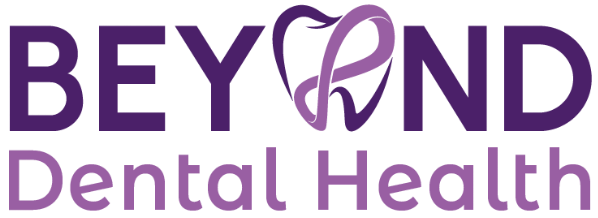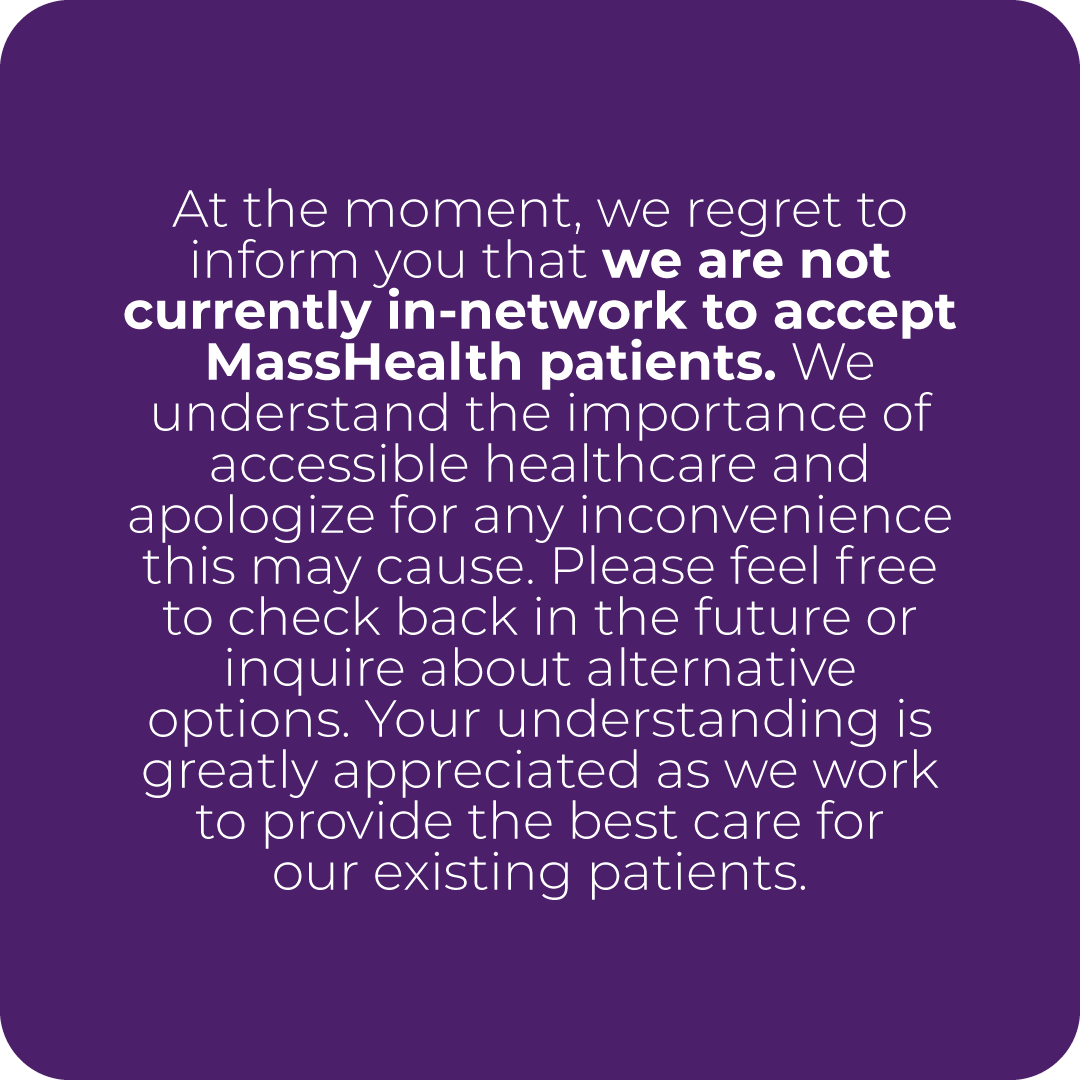Temporomandibular Joint Disorder (TMD), which is sometimes used interchangeably with “TMJ” is a condition that affects the jaw joint and surrounding muscles, causing pain and discomfort for many people. Often, misconceptions about TMJ lead to confusion and sometimes misguided treatment approaches. As a dentist with a focus on TMD, craniofacial pain and airway management, I want to address and debunk some of the common misconceptions about TMD to provide clarity and help patients make informed decisions about their oral and overall health.
Misconception 1: TMJ Pain Is Always Limited to the Jaw
A common misunderstanding is that TMJ pain is confined solely to the jaw area. While jaw pain is a common symptom, TMJ can also manifest as headaches, earaches, neck pain and even pain in other parts of the body, including the back, knees and feet. The interconnected nature of the jaw joint means that discomfort can often radiate to other areas, making it important for patients to take a deep dive into all symptoms and related conditions to truly understand not just their symptoms, but the causes of pain. In our office, our initial consult is a 90-minute evaluation to truly understand the source of discomfort and a thorough assessment to find a solution.
Misconception 2: TMJ Can Only Be Treated Surgically
Contrary to popular belief, surgery is not the first or only solution for managing TMJ. Our oral appliance treatment is non-invasive and we offer various therapies, such as cold laser and ultrasound, to immediately relieve pain. In addition, we coach our patients on lifestyle modifications, with a strong emphasis on nutrition, stress management techniques, and physical therapy.
Misconception 3: TMJ Only Affects Adults
One prevalent misconception is that TMJ is a condition that only affects adults. In reality, TMJ can impact individuals of all ages, from kids to older adults. In fact, correcting airway and TMJ issues in kids can be critical to their healthy development. Many times, symptoms related to sleep apnea and TMJ which cause the lack of sleep are misdiagnosed as ADHD. Various developmental factors, or stress, teeth grinding (bruxism), misaligned teeth, or injury to the jaw, can contribute to the development of TMJ symptoms. It’s important to recognize that age is not the sole determining factor, and early intervention can be key in managing TMJ effectively.
Misconception 4: TMJ Is Always Caused by Teeth Grinding
Teeth grinding, or bruxism, can be a significant contributor to TMJ issues, however, it is often not the main cause. Misaligned teeth, trauma to the jaw, arthritis, and airways issues can contribute to the development of TMJ. We will conduct a thorough examination to identify the underlying causes of TMJ in each patient, as the appropriate treatment will vary based on the root cause.
Misconception 5: TMJ Will Resolve Itself Over Time
Some individuals believe that TMJ pain and discomfort will naturally subside over time without intervention. While mild cases of TMJ may improve with self-care measures, such as stress management and an anti-inflammatory diet, most cases often require professional treatment. Ignoring persistent TMJ symptoms can lead to worsening conditions and additional complications, emphasizing the importance of seeking timely dental care and regular preventive care checkups.
Understanding TMJ is crucial for anyone experiencing jaw pain or related symptoms. Addressing the symptoms allow individuals to seek appropriate and timely treatment, leading to an improved quality of life and good oral health. If you think you have TMJ or are experiencing any related symptoms, please contact our office so we can provide a comprehensive assessment and develop a personalized treatment plan tailored to your specific needs.
Contact us today to schedule your visit: 781.650.2200 or find us on social media:






